Chinatown (1974) Directed by Roman Polanski
Astrid:
 |
| Jack Nicholson and Faye Dunaway in Chinatown |
Oh, to have perfect style, oh to live in the 1920s and there the ohs shall end...because there is a grin from Jack Nicholson, and a pained look from Faye Dunaway, (and Chinatown is dangerously close) – style is a shell and inside horrible cruelty and broken down-humans live. That's why I like my style with plenty of faults. Too much perfection is a facade. I also like the cinematic imagination of the 1970s. Chinatown is a meandering story. Having seen the movie a couple of times before, this was the first time that I followed the narrative without problems or boredom. You can get lost and worried that it's a boring film about LA and water politics. But it's not. It's a tragedy. It's about human flaws and the sad chains of blood relations.
You know how some people do not stomach Woody Allen? Well, I have that problem with Roman Polanski. But that's enough about the director. I totally understand why Diane Keaton seems to be forever in love with Jack Nicholson. He's infuriatingly charming and I'd be scared of him if I ever had to be in the same room with him. Faye Dunaway is out-staged by Nicholson, she is so subtle and reserved. But her tragedy is all the more believable because of her distance. After all, it's the private detective's perspective that the story is told from. But it's her story.
 |
| Diane Keaton and Jack Nicholson in Reds (1980) |
Nick:
"L.A., uptight, city in the smog"sang Neil Young, around the time Polanski was filming this definitive picture from the City. Polanski avoids visible smog, but his neo-noir obscures in other ways with a sense of atmosphere and genuine suspense. Of Course Chinatown is THE Los Angeles film, later attempts such as Mulholland Drive, L.A.Confidential (itself so reverent to Chinatown) never come close to what's on offer here. Its closest relative in that sense is Robert Altman's The Long Goodbye, but arguably Chinatown shades it (just). Chinatown can also rank as the last great film noir and certainly Polanski's last essential picture. It's many things. This catches Jack Nicholson in his golden period, post Five Easy Pieces, Oscar glory awaits around the corner with One Flew Over the Cuckoo's Nest. It would be a short decline to the Jack Nicholson we all know and love nowadays, the irascible joker, the-good-time-slightly-past-it Hollywood rebel. Here, Nicholson burns up the screen. Faye Dunaway was rarely this good again. Hollywood director John Huston remains forever memorable as the more than grotesque Noah Cross.
 |
| Nicholson in Chinatown |
 |
| Dunaway & Nicholson |


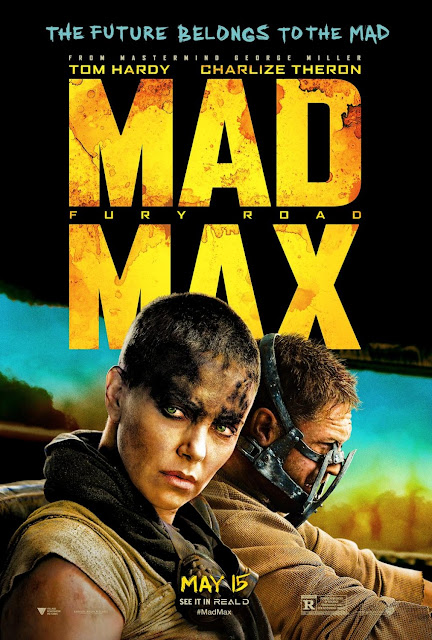

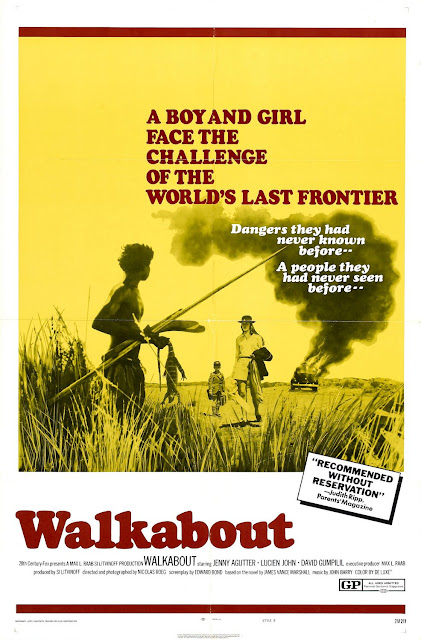
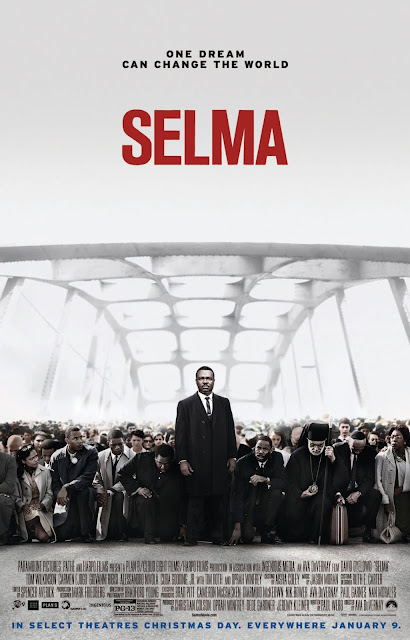
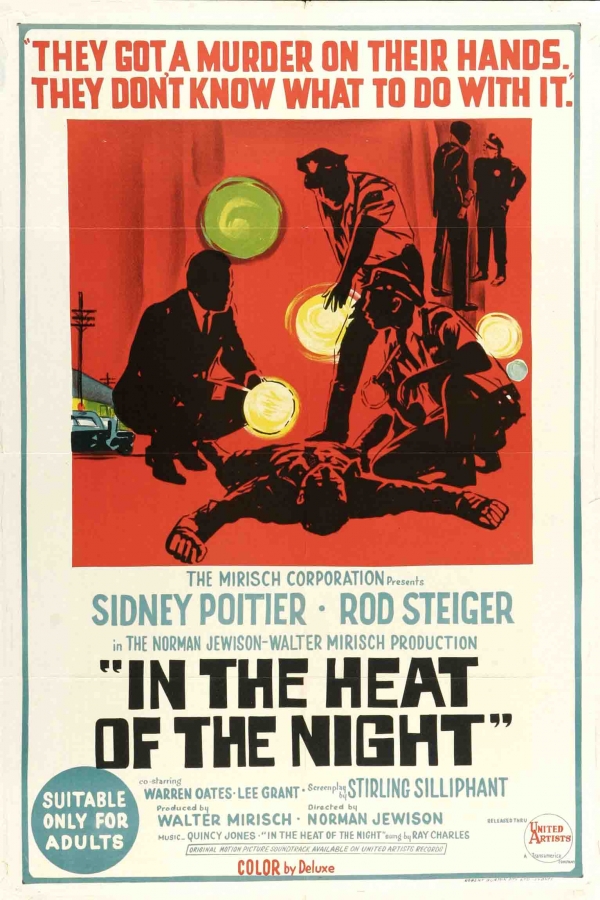

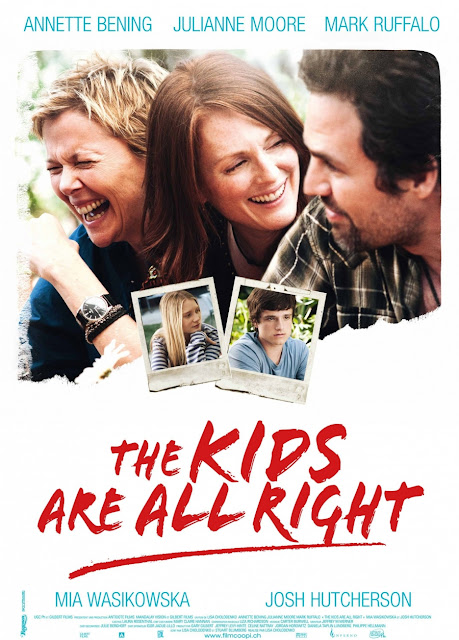
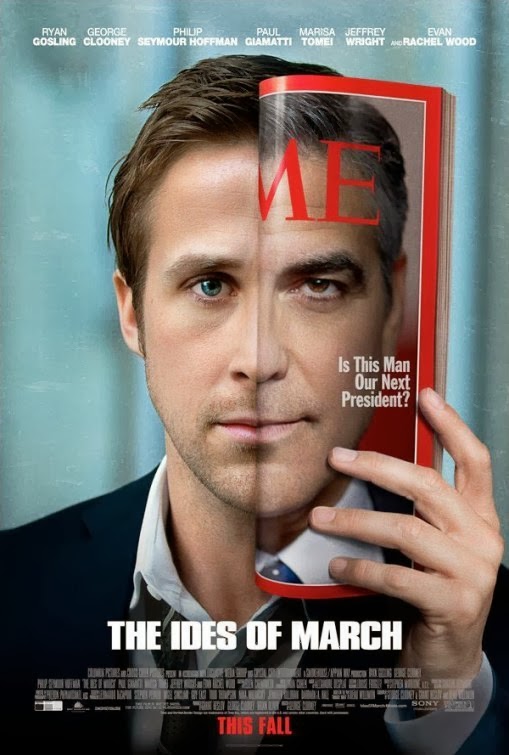
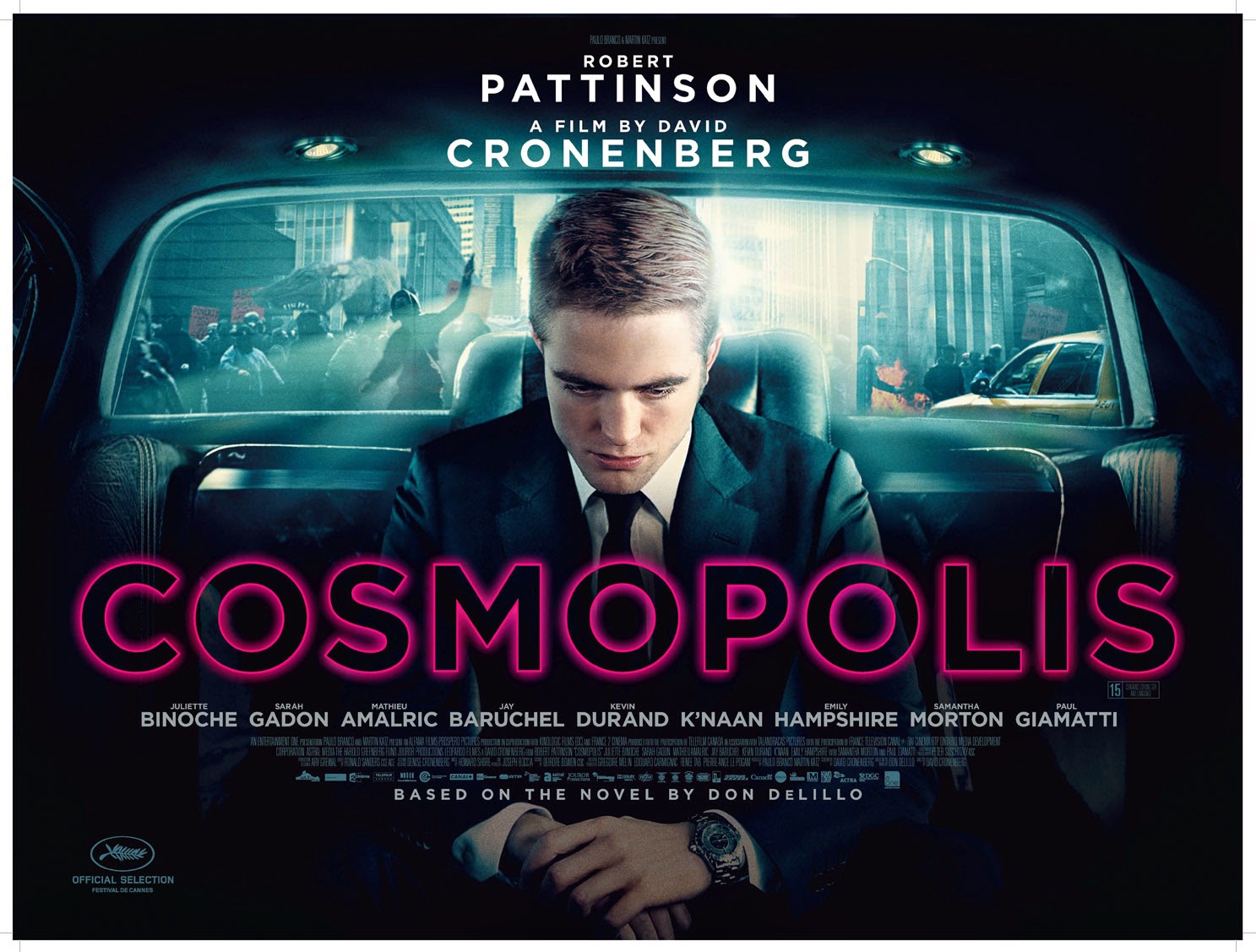
Comments
Post a Comment